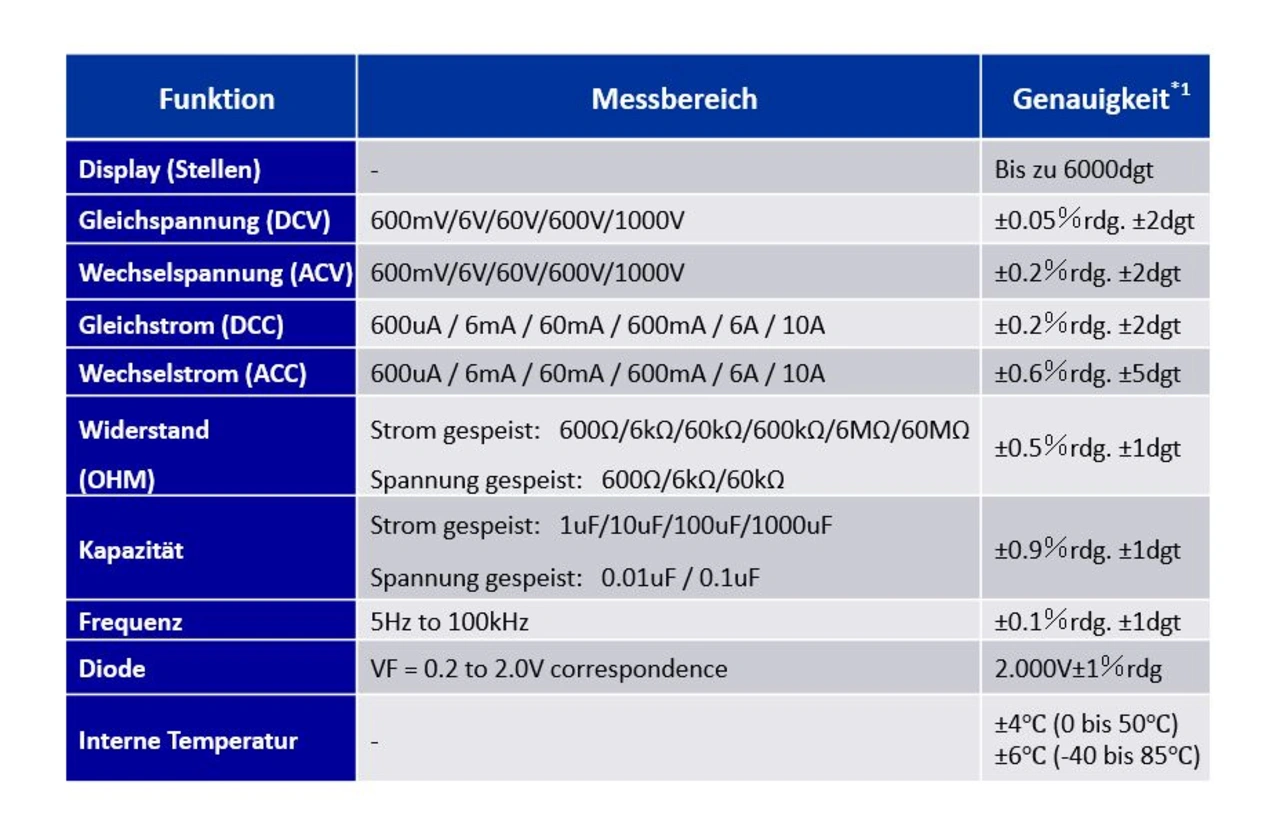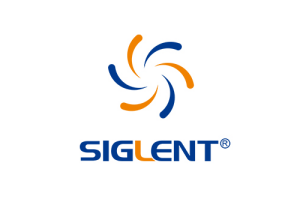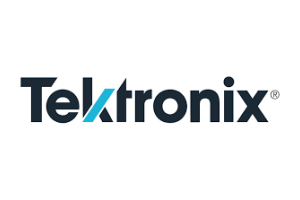16-bit microcontrollers
For low-end and mid-end handheld digital multimeters
Industry 4.0 requires that production facilities are maintained and monitored more frequently. Consequently, the need for measuring devices such as digital multimeters is also increasing. At the same time, these measuring instruments have to perform more complex tasks, Epson's 16-bit MCUs can help.
The handheld digital multimeter market consists of three categories – high-end, mid-end and low-end measurement devices. The concept of high-end digital multimeter devices usually consists of a standard microcontroller and various external discrete components such as operational amplifiers and similar circuits, to achieve very high precision and measurement accuracy. In contrast, the Epson DMM microcontroller solution is a perfect single-chip solution for low- and mid-end handheld digital multimeters. The microcontroller offers an integrated analog-to-digital converter (ADC) and analog font end (AFE).
Both 16-bit microcontrollers S1C17M02 and S1C17M03 were developed to support all functions that characterize a handheld digital multimeter. This includes voltage, current, resistance, capacitance, and frequency measurement as well as continuity and diode testing.

Benefits of Epson S1C17M02 and S1C17M03 Microcontrollers
Many existing solutions are based on simpler microcontrollers like OTP solutions that require additional discrete components such as operational amplifiers and similar circuits. This increases cost and power consumption and does not allow any scalability when features need to be changed. In contrast, both 16-bit microcontrollers S1C17M02 and S1C17M03 offer an integrated high-resolution 16-bit ΔΣ A/D converter and a dedicated circuit for multifunctional and high-precision measurements and are based on flash memory technology. This allows to measure the effective value ("True" RMS - Root-Mean-Square) and maximum and minimum measured values (Peak Hold function) without additional costs and lower power consumption. The integrated 16-bit ΔΣ A/D converter solution also supports programmable oversampling (oversampling function) and functions can be changed at any time using embedded flash memory. With most solutions, calibration data can only be stored in an external EEPROM. Both Epson DMM microcontrollers offer an integrated EEPROM for this purpose. As a single-chip solution, both 16-bit microcontrollers primarily support handheld digital multimeter functions, but can also map additional customer requirements. External components are thus reduced to a minimum. In any case, it is worth comparing total costs of a new development with S1C17M02 or S1C17M03 with the total costs of an existing solution.
Evaluation Tools
For customers an evaluation tool S5U1C17M03T1100 is available, which can be used to evaluate and test a wide range of functions and measurement ranges. Measurement values are shown on an LCD display, but can also be read out via USB interface and processed on a computer. The evaluation of measurement values runs on an application on a computer that Epson provide free of charge as part of a software package. By using Epson`s Eclipse-based software development environment GNU17, customers can also program their own application. A debug interface allows customer to program and test an own application on the evaluation board.
Author:
Armin Schmid is Product Marketing Engineer at Epson







